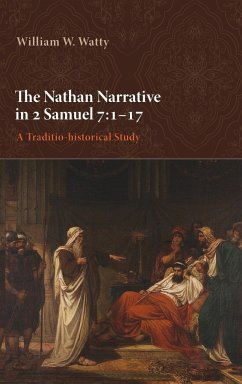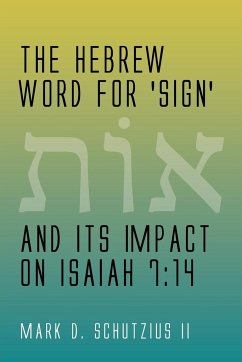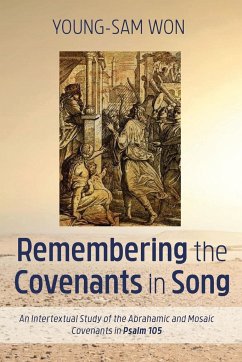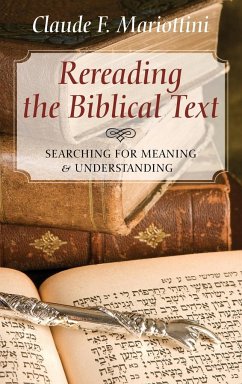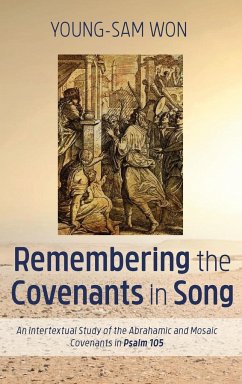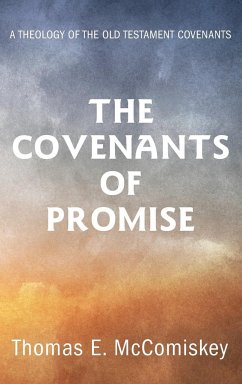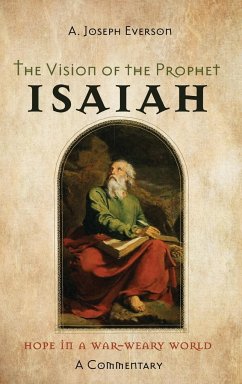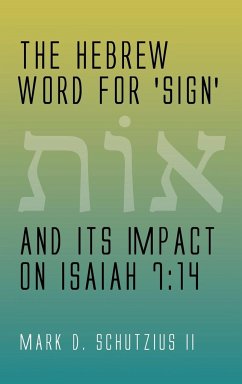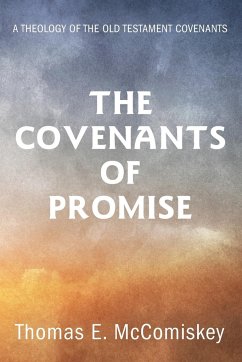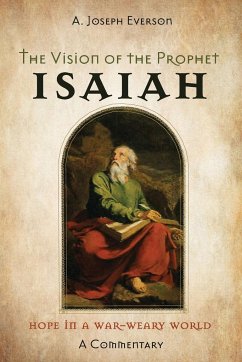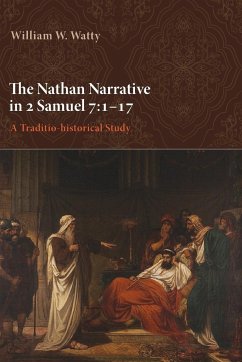
The Nathan Narrative in 2 Samuel 7
1-17

PAYBACK Punkte
13 °P sammeln!
As with archaeology, traditio-historical research of Old Testament literature proceeds backwards from the received text, travelling through the earlier stages of compositions to the probable origins. The canonical structure of the Hebrew Bible has therefore been taken as the point of departure in the traditio-historical study of the Nathan Narrative in 2 Samuel 7:1-17. By progressing backwards from the Canonical Prophets, the stages in the composition of the Joshua-Kings corpus, and of 2 Samuel 7:1-17, have been recovered through the application of redactio-critical and literary critical metho...
As with archaeology, traditio-historical research of Old Testament literature proceeds backwards from the received text, travelling through the earlier stages of compositions to the probable origins. The canonical structure of the Hebrew Bible has therefore been taken as the point of departure in the traditio-historical study of the Nathan Narrative in 2 Samuel 7:1-17. By progressing backwards from the Canonical Prophets, the stages in the composition of the Joshua-Kings corpus, and of 2 Samuel 7:1-17, have been recovered through the application of redactio-critical and literary critical methods. A pre-history of the Narrative has also been retraced in the traditions that were preserved in the oral stages, in the typical forms and settings of transmission. Notwithstanding the valuable insights that have accrued from Martin Noth's hypothesis of a ""Deuteronomistic History,"" both the hypothesis itself and analyses deriving from it have failed to account satisfactorily for the place of 2 Samuel 7:1-17 in the Joshua-Kings composition. That failure is due to a methodological flaw of taking a non-canonical configuration--namely the Deuteronomy-Kings corpus--as the point of departure and the interpretative key. This study tries to remedy that flaw.





